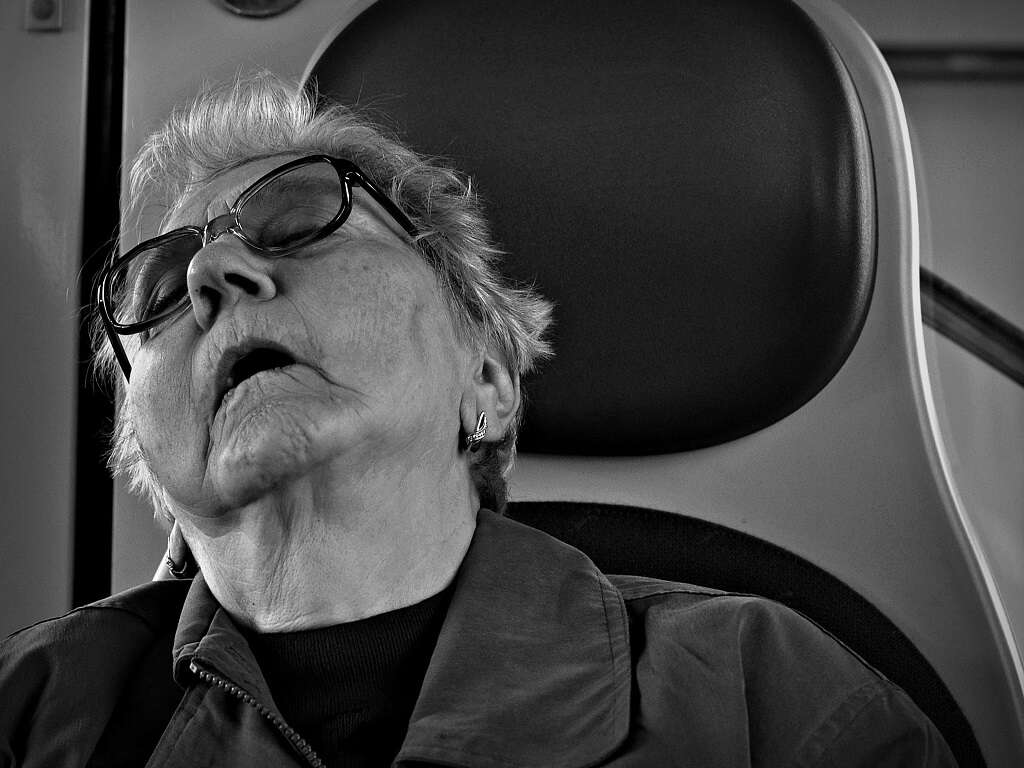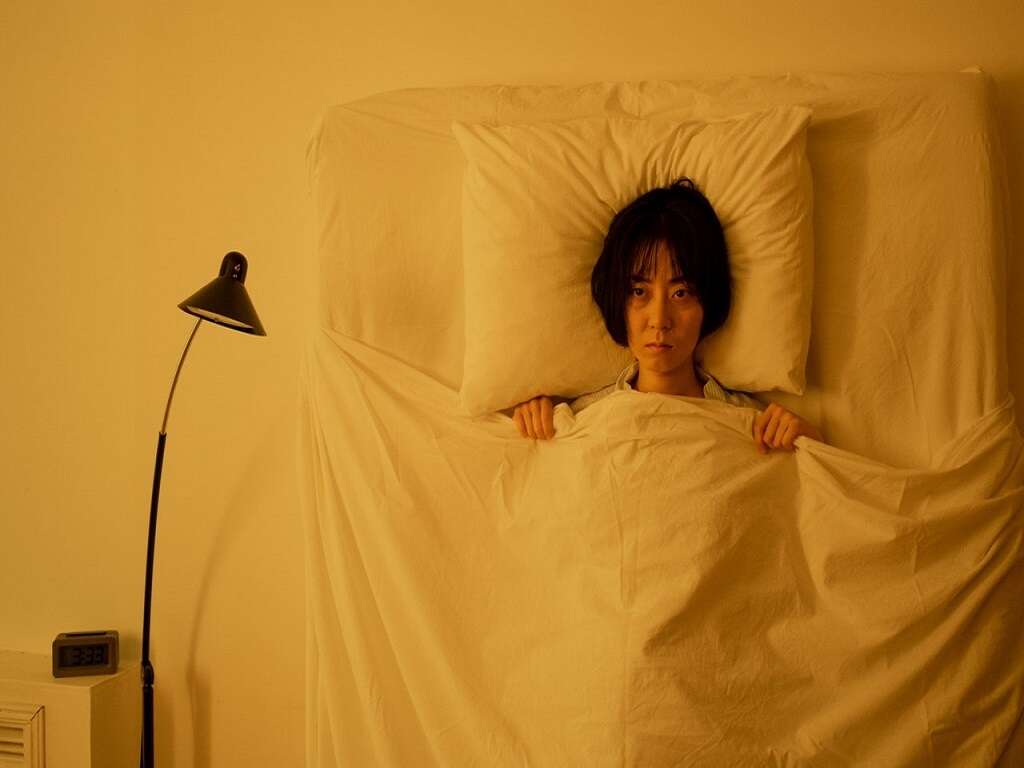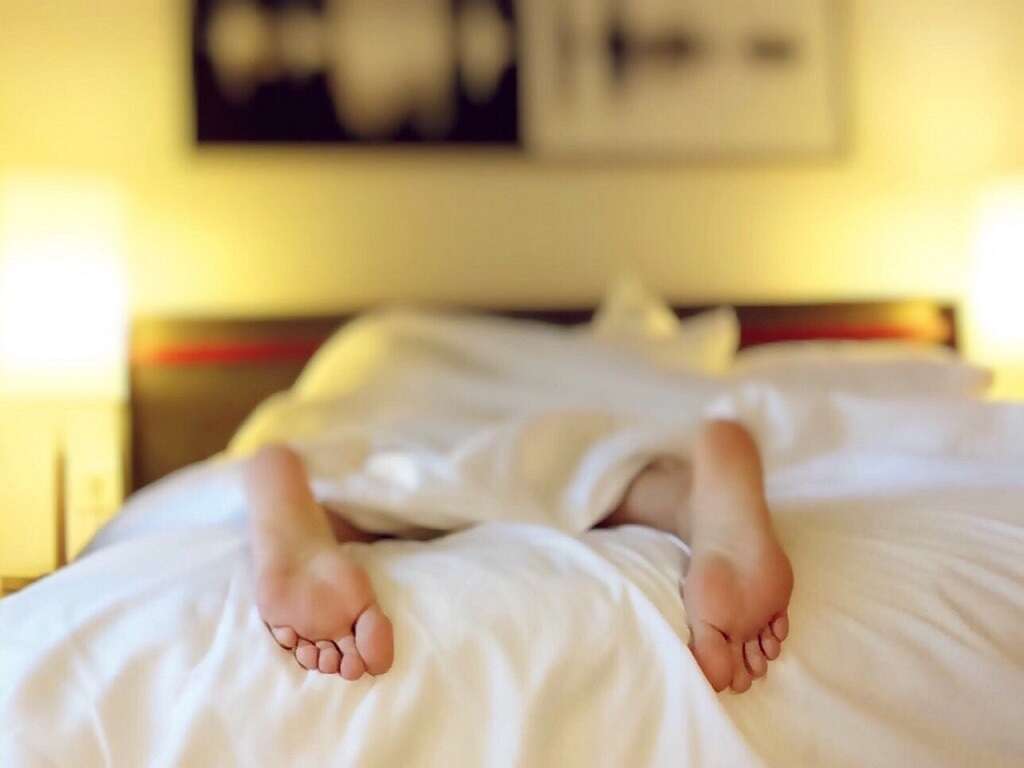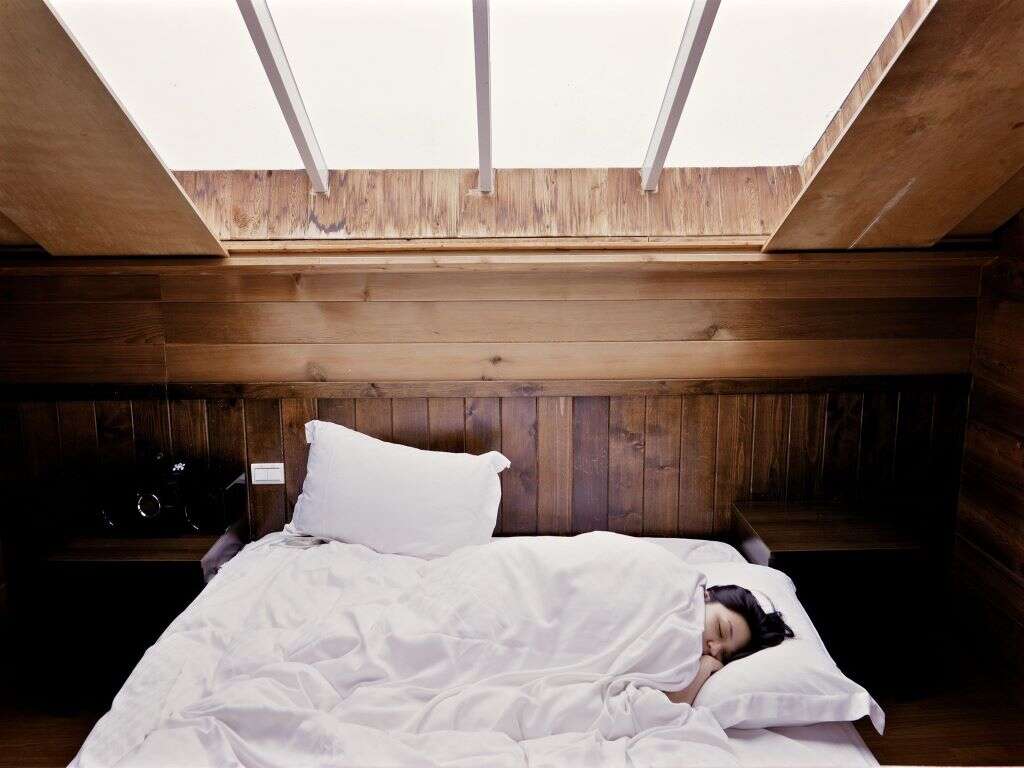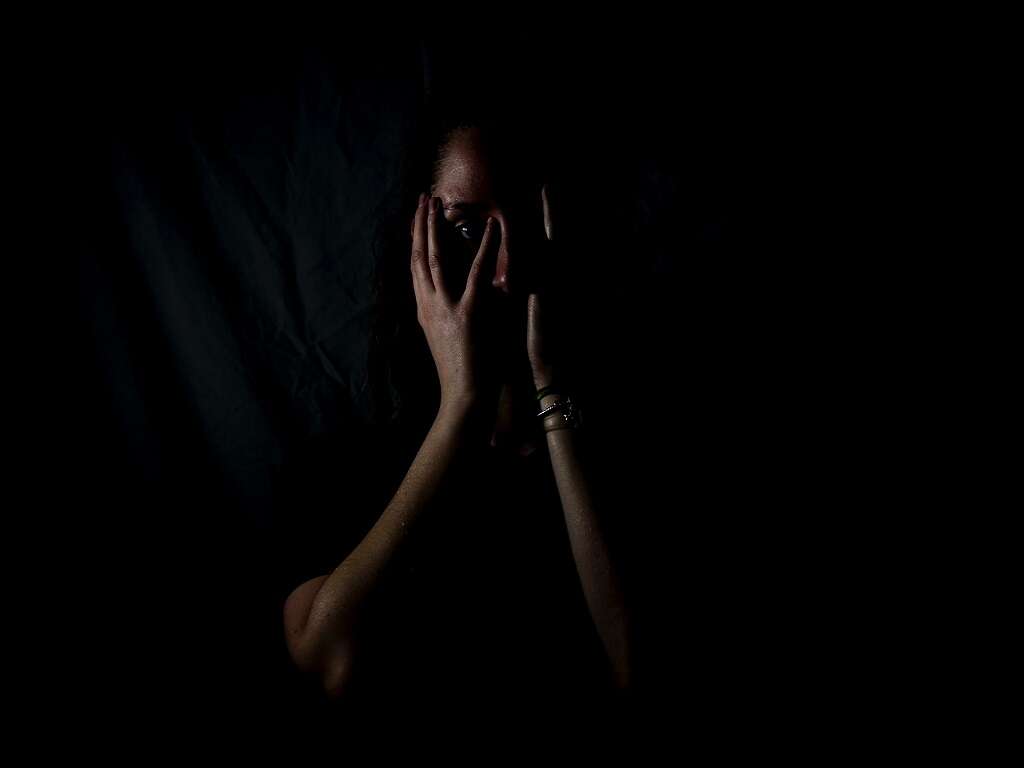10 Night Sweats Causes
If you are wearing too many layers or sleeping in a hot environment, this may cause sweating at night. However, the term night sweats is used for severe hot flashes at night, unrelated to environment. This is not characterized by flushing, warmth and redness to the face, rather, night sweats are a bit more extreme in severity.
Night sweats are often repeated episodes related to a medical condition or illness and may be associated with fever, chills, weight loss, localized pain, cough, diarrhea or other symptoms that are concerning. It is important to consult a health-care professional for unexplained night sweats that do not resolve over time. Treatment of night sweats depends on the underlying cause of the problem, which is a major part of resolving the issue.
Cause #1: Diabetic Hypoglycemia
Hypoglycemia, is also known as low blood sugar. It may be defined as a decrease in blood glucose (<50mg/dl) below normal or to a level that induces symptoms or signs like altered mental status (i.e. confusion, irritability) and/or sympathetic nervous system stimulation. There are many causes of hypoglycemia, and diabetes mellitus is one of them. Patients with diabetes that experience hypoglycemia usually report a history of insulin (i.e. overdose or changes in dosage) or hypoglycemic agent use.
The Sympathetic nervous system (SNS) is part of the autonomous nervous system. The SNS directs the body’s rapid involuntary response to dangerous or stressful situations. Imagine that you are about to get mugged by a stranger. In response, the SNS will trigger a fight-or-flight response in your body and release catecholamines (i.e. epinephrine, norepinephrine) into your blood. Your heart will start to beat faster, your blood pressure will elevate and blood will be pushed into your muscles, brain and other organs (you might have to run and stay alert, right?). Meanwhile, it will also trigger the release of glucose and fats from storage sites into the blood to supply energy to the parts of your body that might need it. Hypoglycemia is also considered a “stressful” situation for the body. Among other hormonal responses, the SNS is activated to release glucose into the blood in order to provide energy for important metabolic functions, especially for those carried out by the brain. Symptoms of SNS activation include, sweating, shakiness, tachycardia, anxiety, and a sensation of hunger.
Other symptoms of hypoglycemia (related to brain dysfunction due to low glucose) include weakness, dizziness, difficulty with concentration, confusion, and blurred vision. Regardless of the cause, fast diagnosis and treatment are crucial in any patient with hypoglycemia. If you suspect that a patient with diabetes mellitus might be experiencing symptoms of hypoglycemia, seek medical attention immediately.
Cause #2: Cancer
For some cancers, night sweats may be an early symptom. The most common type, which is associated to night sweats, is lymphoma. People who have cancer may experience other symptoms as well, such as weight loss.
Sweating helps to reduce core body temperature when it rises above certain temperature limits or thresholds established in the body. When the threshold levels are reached, a response is triggered in an area of the brain (hypothalamus), inducing chills and shivering that cause core body temperature to rise to meet the set point. Sweating occurs when the threshold returns to normal. The release of inflammatory mediators in cancer (as well as in order conditions) can temporarily raise the threshold inducing these symptoms. When the level of mediators decreases and the temperature threshold returns to normal, night sweats can occur.
Malignancies that can cause night sweats are lymphomas, leukemia and, carcinoid syndrome (a type of tumor that can originate in the intestines). Consult your physician if you experience night sweats on a daily basis, especially if they are accompanied by fever and unexplained weight loss.
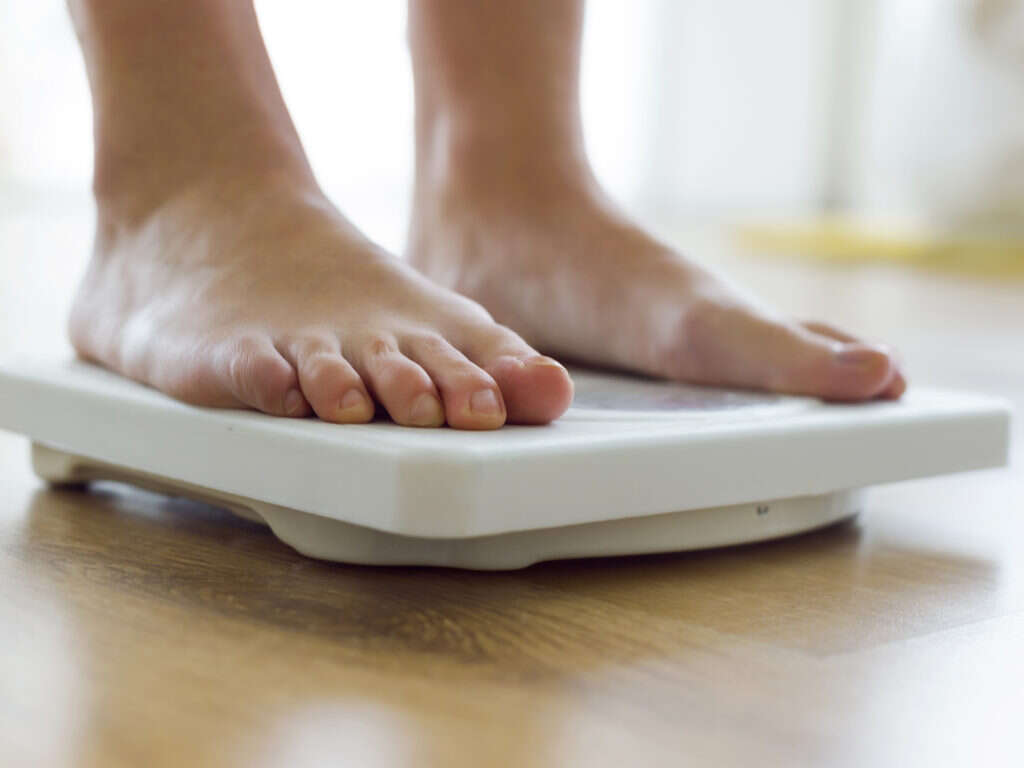
Cause #3: Menopause
Menopause is diagnosed after 12 months of absent menstruation. Menopause can ensue around 40 to 50 years of age, and can cause symptoms even before it is completely stablished. Hot flashes are a common symptom and when they occur at night they can be considered night sweats.
Menopause results from a progressive loss of ovarian sensitivity to hormones that stimulate ovulation (i.e. FSH, LH). This causes a decrease in quantity and quality of follicles (eggs) throughout a woman’s life cycle. Ultimately, estrogen production will decrease. This may cause a dysfunction of centers that regulate body temperature (central nervous system) and cause hot flashes in premenopausal or postmenopausal women.
Menopausal symptoms may begin even up to 6 years before the final menstrual period and continue for a number of years after. Other symptoms that may accompany hot flashes include insomnia, mood changes, weight gain, depression, headaches, and irregular menses. If you are experiencing hot flashes, make sure you are in contact with your gynecologist to discuss the best options to manage your symptoms.
Cause #4: Hyperthyroidism
Your thyroid is the butterfly shaped gland that sits beneath your Adam’s apple. This gland is responsible for creating the thyroid hormone, which controls your metabolism and affects your heart, muscles and bones. Having too much thyroid hormone can cause several metabolic problems that speed up the body’s functions. These symptoms include night sweats.
The most common signs of hyperthyroidism are unintentional weight loss, goiter (an enlarged thyroid gland) and exophthalmos (bulging eyes). Other signs and symptoms of this disease include palpitations, rapid heartbeat (tachycardia), increased sensitivity to heat, changes in menstrual patterns, anxiety, irritability, tremor, thinning of the skin and hair, fatigue, increase in bowel movements, and insomnia.

Cause #5: Caffeine
Although night sweats can be a symptom of a more serious health concern, in some instances, it may be related to diet and lifestyle. That hot cup of coffee that you start your day with may be keeping you up at night. Coffee and caffeinated beverages are considered triggers for excessive sweating at night.
Caffeine may exacerbate hormonal symptoms of menopause as well. Some studies suggest that caffeine may worsen hot flashes and night sweats in post-menopausal women. Since caffeine is a stimulant, your central nervous system may become triggered and increase your heart rate, raising your blood pressure and activating sweat glands.
Cause #6: Antidepressants
Antidepressants are a common medication that leads to night sweats. More than 1 in 10 adults in the US take an antidepressant. As many as 22% of people taking antidepressants report experiencing night sweats as a side effect. The most commonly prescribed type of antidepressants is the selective serotonin reuptake inhibitors (SSRIs), and therefore they may be one of the more common causes of this symptom in patients.
The mechanism by which antidepressants can induce night sweats in complex. It is well known that the sympathetic nervous system (peripheral nervous system) is the one in charge of releasing neurotransmitters (i.e. acetylcholine) to stimulate sweat gland secretion. On the other hand, in the central nervous system (CNS), regulation of body temperature is given by the interaction between neurons that release serotonin and dopamine. Antidepressants can affect any of those mechanisms. Consequently, medication to decrease sweating usually targets these sites (peripheral or CNS neurons). In order to treat this symptom, stopping, decreasing or changing antidepressants are options, but patients can be reluctant if these have successfully relieved their symptoms. In some cases, adding a medication to reduce night sweats may be more appropriate. Remember to always consult with your physician about the most appropriate treatment options for you.

Cause #7: Tuberculosis
Night sweats can be caused by infections, including tuberculosis. This is a potentially fatal and highly contagious infection of the lungs. It is not uncommon to experience a fever while having night sweats. Because the body is fighting a bacteria, the internal body temperature goes up.
Other symptoms can be much worse, including the expectoration of blood (hemoptysis). Tuberculosis can also invade on your kidneys, spine and brain.
Cause #8: Anxiety Disorder
It is normal to experience several degrees of anxiety in daily life. However, anxiety disorders are something else altogether. People with anxiety disorders frequently have excessive and persistent worry about everyday situations. Those with anxiety often deal with negative thoughts and panic attacks. These feelings of anxiety and panic interfere with daily activities, and are out of proportion to the actual danger.
Furthermore, it is not uncommon for anxiety to cause night sweats. This symptom can only be controlled once anxiety is under control. Anxiety is a result of the activation of the body’s fight or flight or stress response. Other symptoms of anxiety disorders include restlessness, tachycardia, sense of impending doom, hyperventilation, tremor, fatigue, lack of concentration, insomnia, and gastrointestinal problems.

Cause #9: Obesity
Being overweight or obese can make night sweats more common. When there is too much weight being carried by the body, an array of problems, including sleeping disorders can occur.
The extra fat on the body acts as an insulator and makes people hold heat, causing them to sweat at night. This is known as the thermoregulatory theory.
Cause #10: Low Testosterone
Night sweats in men are sometimes linked to low testosterone levels. Testosterone is the male sex hormone for men and stimulates sperm production. It also supports sex drive and helps build bone muscle mass. As a man begins to age, his levels of testosterone decrease gradually until symptoms of andropause occur. This is basically the male equivalent to menopause. Night sweats are just one of the many symptoms associated with andropause.
In men night sweats related to low testosterone are uncommon, because they don’t experience an abrupt drop in the hormone. Testosterone can decrease by about 1% a year after age 40. Most men maintain levels of testosterone within normal range, enough to prevent hot flashes. Although the exact mechanism is unknown, the exception are men who have undergone androgen deprivation therapy for advanced prostate cancer (80% experience hot flashes).




